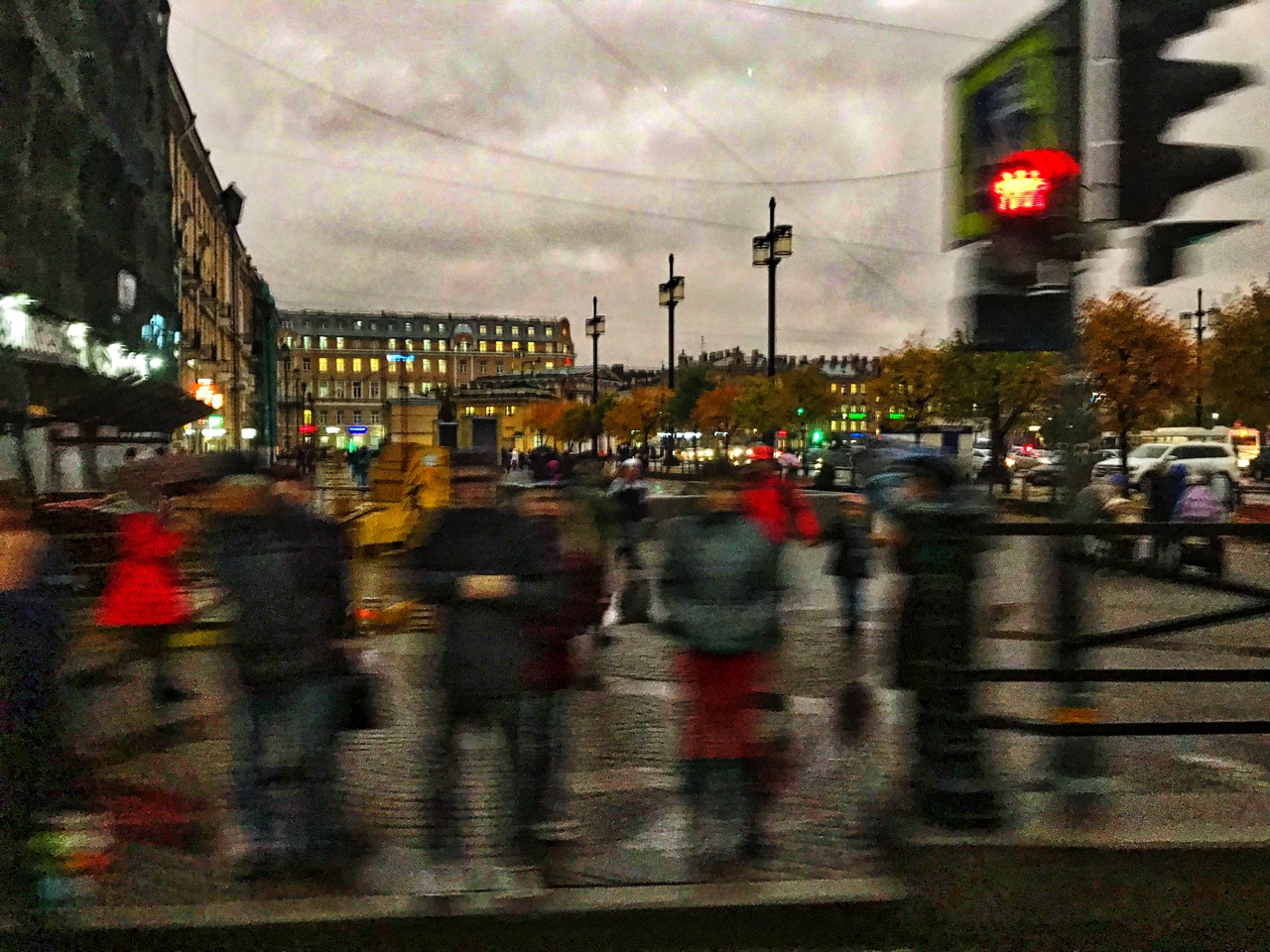I got to know St. Petersburg through words on the page, from Dostoyevsky mostly, but also from the words of his contemporaries. This was a city in its heyday, before the revolution, a living celebration of the power and sophistication of Tsarist Russia. As I read, this city unwrapped itself in my mind, boulevards and canals emerging from the pages to become intensely real.
To visit a place you know well from literature is risky. Cities are not static and St. Petersburg has survived the seismic upheaval of the revolution, the blockading and bombardment of the Second World War, and more recently the collapse of the Soviet Union.
Despite this, despite the names changing, the city feels familiar. This is not my first visit. The last time was 25-years ago, mid-summer. It was my birthday. Dostoyevsky thought it obvious enough to avoid unnecessary explanations where and when ‘White nights’ is set. A contemporary reader would have understood. They would have empathised with his unnamed narrator, caught up in the mid-summer clamour and a snatched moment of hoped-for but ultimately lost love. Before the light fades.
This evening, after work, I walked along some of those same canals. Past the place where our narrator meets Nastenka. Past the restaurant where I had a birthday dinner. Like everyone else in the city, you played out an elaborate charade of reading and discussing the menu before agreeing for the waiter to bring you whatever they had that day. This invariably involved tomatoes. On the night of my birthday, we had caviar and a hastily discovered bottle of Georgian champagne. Of course, there were tomatoes too. Russia celebrates love and life, feels its loss and longing.
Today the autumn wind is blowing in from the North, shaking the last leaves from the city’s trees. The restaurant is still here, now flanked by Burger King and a Subway. This is modern St. Petersburg, another tick in the list of top destinations you have to see before you die. Yet, knowing this city from its written past, I can look beyond the tourist tat and neon and sense a real city beyond. A city of shadows, of history, big and small. Nastenka walks through the streets unseen to deliver her letter, that final blow.
Twenty-five years ago, politics here held its breath. Today I’m in Russia talking about democracy. Valdimir Putin was here yesterday. There’s a confidence, an assuredness about identity. My knowledge of Russian history lets me believe that it’s one the West doesn’t understand. I’m not sure I do. I’m sure Dostoyevsky would be curious to see his city, his country, now. At least our nameless narrator could have drowned his sorrows with a craft beer and a Big Mac, if the traffic on Nevsky Prospekt didn’t get him first.
October 2017
